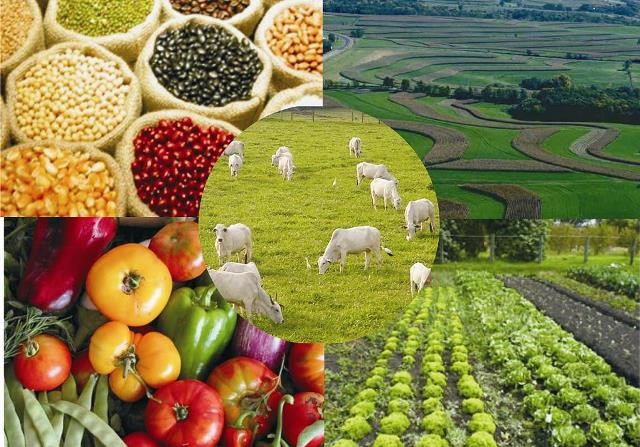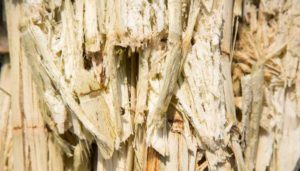SGI undergraduate student Matheus Mansour has been working on a project relating to agricultural productivity pathways to avoid deforestation in Brazil.
Many models are created with the objective of estimating some kind of economic output, either by a country’s industry or agricultural sector. Time series, general and partial equilibrium models and many other methodologies have been used in the past. However, with the advent of new deep learning methods, powerful tools could be of great use in planning and economic forecasting. In Brazil, a considerable share of GDP is produced by the livestock and agriculture sectors, which have considerable environmental impacts on land use-related issues such as deforestation and biodiversity loss. To avoid these impacts, it is necessary to plan ahead and identify the necessary improvements in productivity for the long ran, if deforestation is to be avoided.
Using data from the last 35 years and 11 of the most important agricultural crops and livestock in Brazil, neural networks will be trained and used as basis for the analysis of scenarios of productivity gains necessary to avoid deforestation in the country and evaluate how reforestation could affect the supply of future agricultural demand. This project is being developed in partnership with Prof. Celma Ribeiro of University of São Paulo, Brazil.

